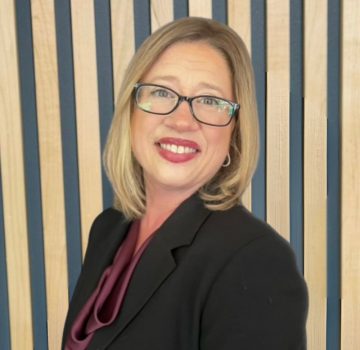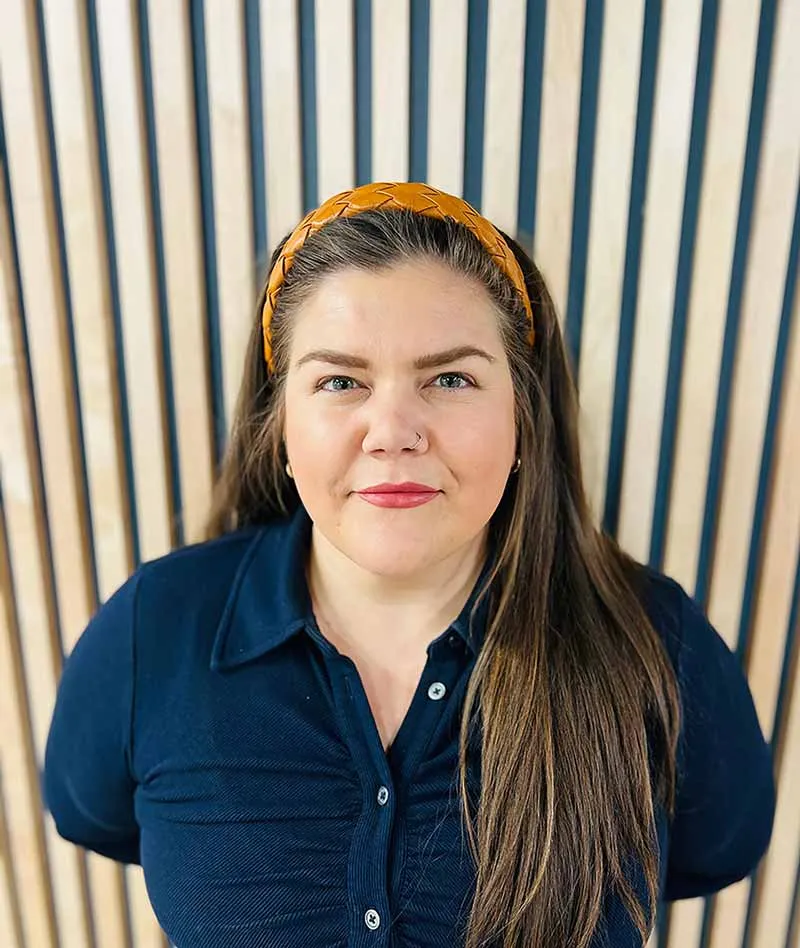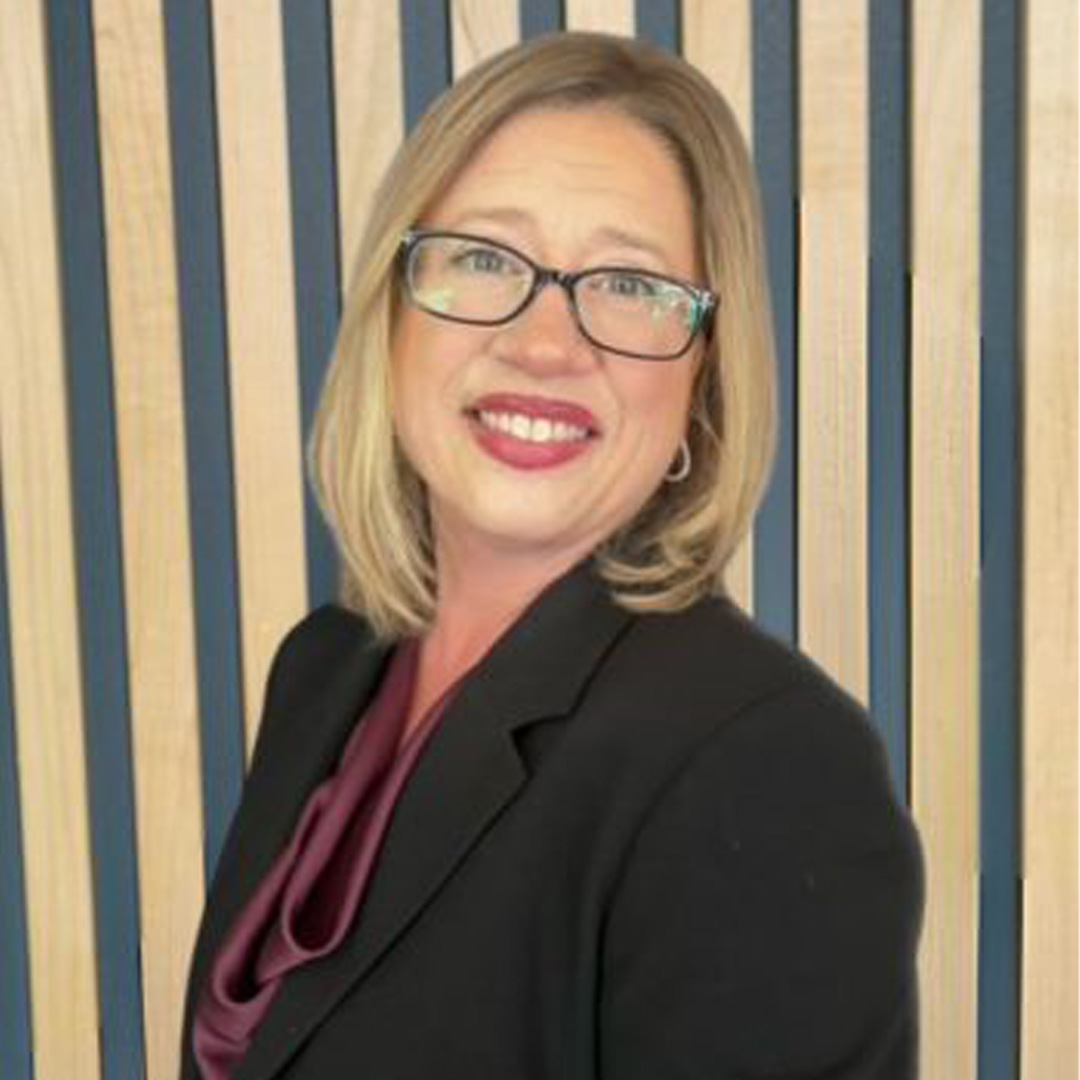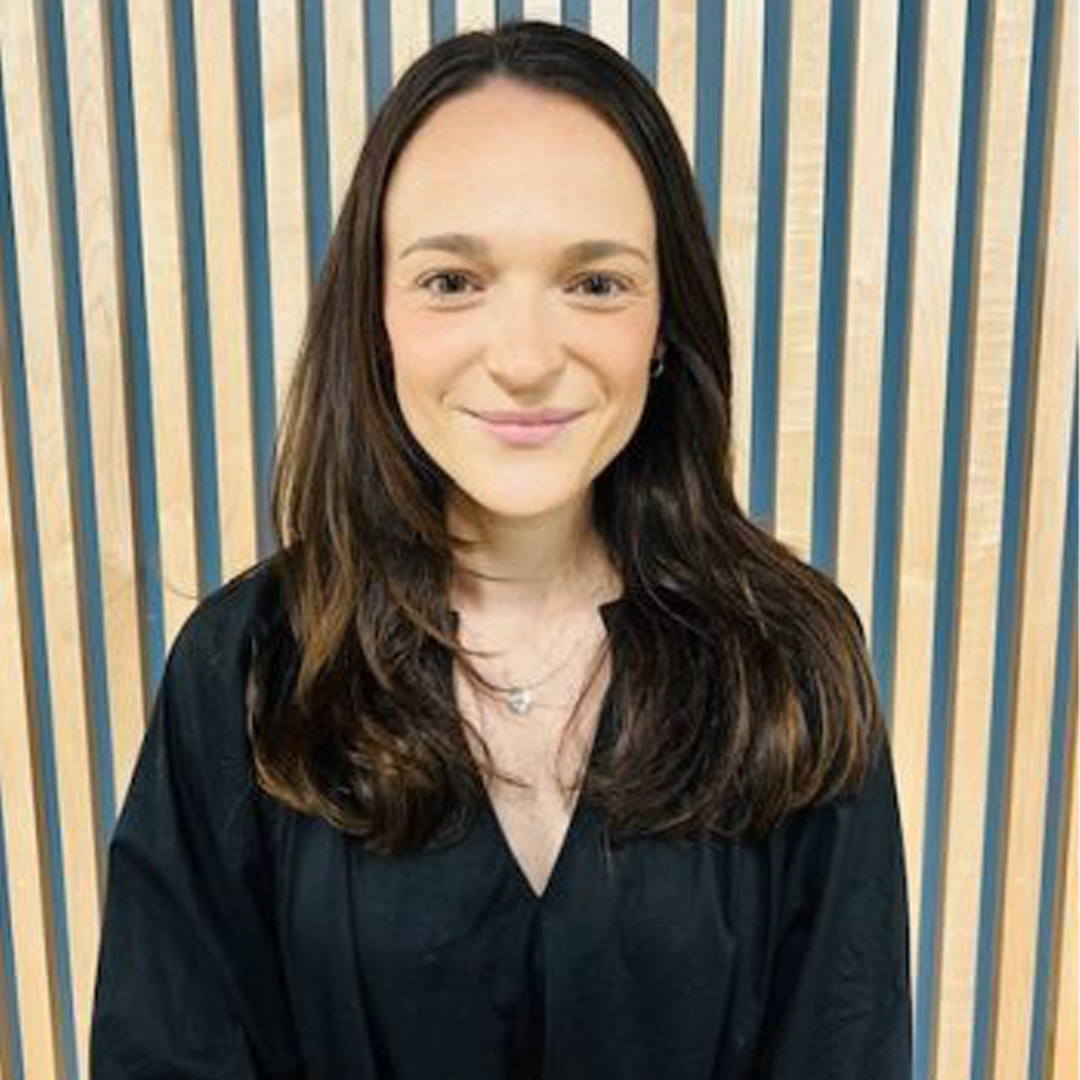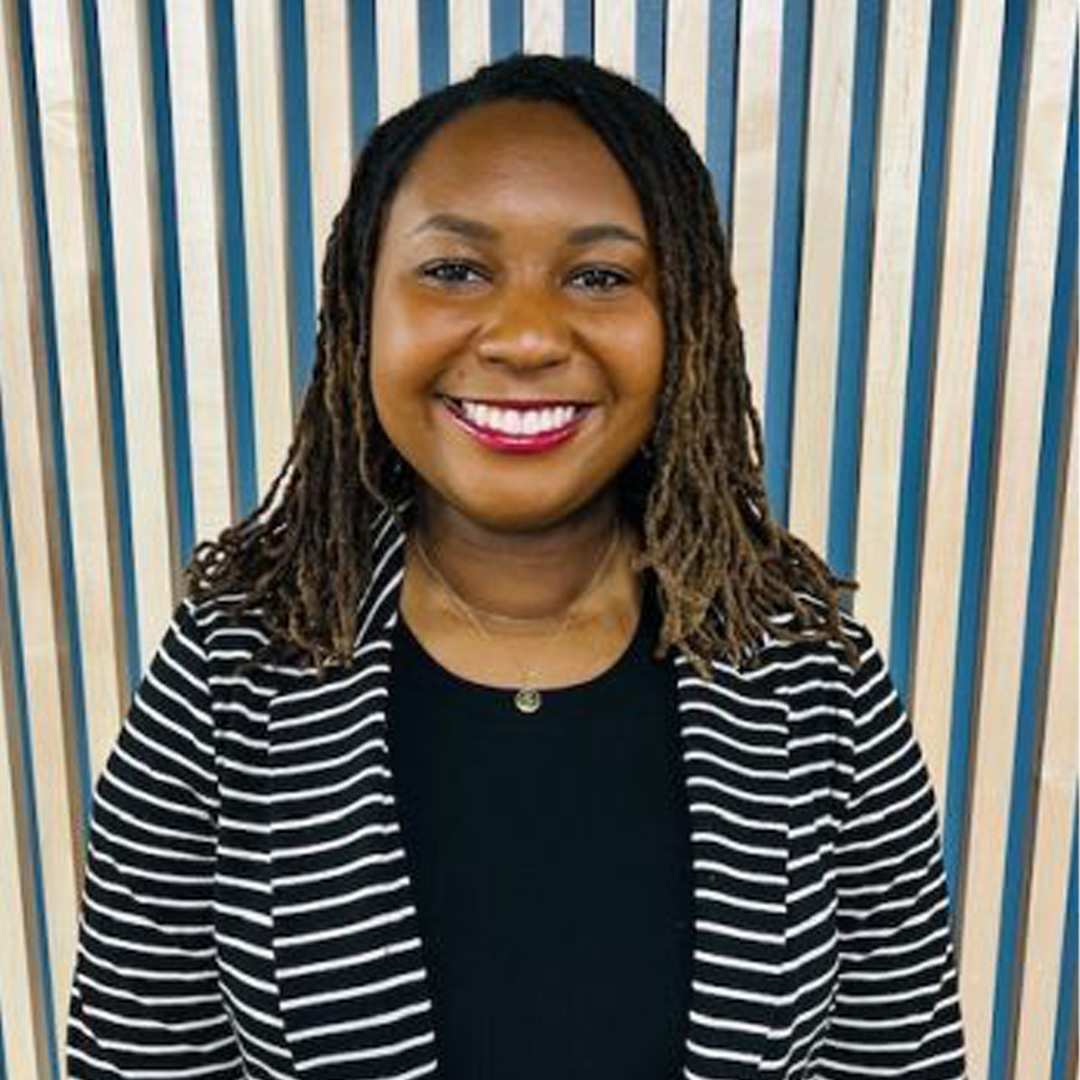Dual Diagnosis Treatment Centers in Georgia
Substance Abuse + Mental Health.
Our dual diagnosis treatment in Georgia can help you overcome co-occurring substance use and mental health disorders.
Dual diagnosis disorders are common as substance abuse and poor mental health often go hand-in-hand. We are one of the best dual diagnosis treatment centers in Georgia that addresses co-occurring mental health and substance use disorders. As a result of addressing both conditions at the same time, our dual diagnosis treatment program will help you or your loved one achieve long-term recovery.
Valor Behavioral Health provides substance abuse and mental health treatment programs in Georgia for adults and adolescents. Visit our admissions page today to get started.
What is a Dual Diagnosis Disorder?
A dual diagnosis disorder occurs when a person has co-occurring mental health and substance use disorders.
Oftentimes, it’s unclear which disorder developed first. Drug and alcohol abuse sometimes occurs as a means of self-medicating for underlying mental health symptoms. For instance, you might drink to overcome social anxiety.
On the other hand, long-term substance abuse can change the way your brain functions. This may lead to the development of a mental health disorder.
Regardless, it’s important to get dual diagnosis treatment to address both disorders at the same time. Most addiction treatment centers also treat mental health disorders because of how often these disorders co-occur.
21.5 Million US Adults Have a Dual Diagnosis Disorder
According to the 2022 National Survey on Drug Use and Health (NSDUH), about half of all US adults with a substance use disorder have a co-occurring mental health disorder.
Mental health and substance use disorders have similar risk factors and underlying causes. Some of these include traumatic experiences, family history with either disorder, and stressful life events. As a result, both disorders also have similar symptoms.
Signs and Symptoms of a Dual Diagnosis Disorder
The signs and symptoms of a dual diagnosis disorder are similar to those of mental health and substance use disorders.
The similarity in symptoms can make it difficult to identify whether a person has both disorders instead of just one or the other. And, since drugs and alcohol can mask mental health symptoms, you might not realize you have a co-occurring disorder until you go through a detox program. This is because underlying mental health symptoms will rise to the surface once you get sober.
The following are common signs and symptoms of a dual diagnosis disorder:
- Withdrawing from family and friends
- Sudden changes to primary friend group (more common among adolescents)
- Frequent conflicts with loved ones, co-workers, supervisors, or co-workers
- Loss of interest in hobbies or pleasurable activities
- New problems at work or school, such as tardiness, absenteeism, and poor performance
- Mood swings and behavioral changes
- Trouble thinking, focusing, and concentrating
- Engaging in risky behaviors, like driving under the influence, promiscuity, or illegal acts
- Using drugs or alcohol to self-medicate for mental or emotional health issues
- Self-harming behaviors, like cutting, scratching, or burning oneself
- Suicidal ideation or actions
Related Articles:
Our Georgia Dual Diagnosis Treatment Programs
At Valor Behavioral Health, we offer different levels of care during dual diagnosis treatment to meet you where you’re at in your recovery. Since our programs are all outpatient—meaning that you don’t reside in the facility—you must have a safe and stable home environment. Alternatively, you may choose to reside in a sober living or mental health housing program.
In addition, it is best if you’ve completed a detox and residential treatment program prior to outpatient care. That way, your symptoms are stable, and you have a solid foundation of recovery skills to ensure you’re ready for outpatient treatment. We’ll connect you to inpatient detox and residential care services nearby so you’ll be ready for our outpatient treatment.
We offer the following programs to treat dual diagnosis disorders:
Partial Hospitalization Program (PHP)
Our partial hospitalization program (PHP) is the highest level of care that we offer. During a PHP program, you’ll be immersed in recovery activities for 6-8 hours per day, 5 days per week.
Throughout PHP, you’ll attend group therapy sessions and one-on-one counseling along with educational programming to teach you valuable life skills. Our PHP program also teaches you how to prevent relapses throughout long-term recovery.
After completing PHP, many clients step down to an intensive outpatient program (IOP).
Intensive Outpatient Program (IOP)
IOP programs are great for those who are advanced in recovery, yet still need structured support. Our IOP program in Atlanta helps you transition back to everyday life by offering a flexible treatment schedule. This allows you to fulfill responsibilities in other areas of your life, such as work, school, or family care.
An IOP lasts about 3-4 hours per day and the number of sessions per week can vary. However, most IOP programs occur for 4-5 days each week. In addition, many treatment facilities offer evening IOP programs for those who work during the day.
After completing an IOP, most clients continue treatment with outpatient therapy, alumni programming, and peer support groups.
Outpatient Program
Outpatient programs provide the most flexibility in terms of scheduling and treatment. This is because, even after attending intensive programming, you could have some lingering issues or symptoms. Outpatient programs, which usually include about one to two hours of weekly therapy sessions, can help you continue your treatment.
Remember that dual diagnosis symptoms take a long time to develop. Therefore, your treatment can take several months or years. In fact, most people need some type of ongoing support or counseling—especially if they have severe mental illness or take psychiatric medications.
It is also important to build and maintain a community of like-minded individuals in recovery. That is why we also offer an alumni program.
Alumni Program
Alumni programs keep you connected to your recovery community. This might include social activities, continuing psychoeducational courses, special events, or group support meetings. Alumni programs keep you connected to peers and recovery resources.
Our alumni program can help to reduce the risk of relapse throughout long-term recovery. In addition, you and your peers can celebrate milestones as you continue along your recovery journey. You can even help those in the early stages of recovery by offering support or leading group discussions.
Adolescent Program
Valor Behavioral Health understands that early intervention is crucial for preventing poor health outcomes for those with dual diagnosis disorders. This is why we offer the above-mentioned levels of care for adolescents in need of recovery.
According to the National Institute of Drug Abuse (NIDA), “over 60 percent of adolescents in community-based substance use disorder treatment programs also meet diagnostic criteria for another mental illness.”
Thus, there is a critical need for dual diagnosis services among adolescents. Our adolescent treatment program provides a flexible schedule for your child to continue school and extracurricular activities. We also encourage family participation to foster a supportive home environment conducive to recovery.
What To Expect At Our Georgia Dual Diagnosis Treatment Centers
At our dual diagnosis treatment program, you can expect evidence-based services as you advance in your recovery through our levels of care.
We offer the following services during dual diagnosis treatment in Georgia:
- Psychiatry: Medications can reduce mental health symptoms to help you manage a dual diagnosis. However, these medications are not meant to cure your disorder. Instead, they alleviate symptoms so that you can gain more from other types of therapy and coping strategies.
- Cognitive-Behavioral Therapy (CBT): Cognitive-behavioral therapy (CBT) is one of the most common therapeutic modalities. In fact, many other modalities are based on CBT. It involves identifying and changing unhealthy thought patterns that lead to problematic behaviors and mental health conditions.
- Dialectical Behavioral Therapy (DBT): Originally developed to treat borderline personality disorder (BPD), dialectical behavioral therapy (DBT) is also an effective treatment for dual diagnosis disorders. DBT focuses on building skills in four areas, (1) mindfulness, (2) distress tolerance, (3) emotional regulation, and (4) interpersonal effectiveness.
- Somatic Therapy: Somatic therapy emphasizes the mind-body connection. This can help regulate the central nervous system to reduce symptoms like stress, anxiety, and hypervigilance. It is especially helpful for those with co-occurring post-traumatic stress disorder (PTSD).
- Holistic Therapy: Holistic approaches during dual diagnosis treatment focus on all aspects of health and well-being—physical, mental, emotional, and spiritual. Common practices in holistic therapy include yoga, mindfulness, and art therapy.
- Family Therapy: Family therapy plays a vital role in dual diagnosis treatment, especially in helping rebuild trust, improve communication, and foster understanding among loved ones. For those seeking family therapy in Atlanta, this service provides support for both the individual and their family, ensuring that everyone learns how to cope with the challenges of dual diagnosis together.
Meet Our Team
At Valor Behavioral Health, we believe in hiring the best and the brightest who provide efficient and effective care for those struggling with substance use disorders and mental health disorders. Each person we treat is greeted with friendly faces that help them discover their own power to heal.
Mental Health Treatment
Get Help Now
If you or a loved one is struggling with mental health issues or dual diagnosis disorders and seeking a balanced approach to recovery, our dual diagnosis treatment in Georgia may be the right choice.
Find Dual Diagnosis Treatment Centers Near You Today
Dual diagnosis disorders are common among those with either a mental health or substance abuse diagnosis. Treating both disorders at the same time offers the best chance of obtaining success in long-term recovery. That is why we offer dual diagnosis treatment in Georgia for those with co-occurring disorders.
Contact Valor Behavioral Health today to begin dual diagnosis treatment in Georgia.
FAQs
The following are risk factors that increase the likelihood of a dual diagnosis:
- Using drugs or alcohol to regulate moods or emotions
- Family history of mental illness
- Long-term substance abuse (months or years)
- Abusing large amounts of drugs or alcohol—and frequently engaging in substance abuse
- Polysubstance abuse (addiction to more than one substance)
- Poor coping skills for stress
- History of trauma or Adverse Childhood Experiences (ACEs)
It’s impossible to say that achieving sobriety will be more or less difficult if you have a dual diagnosis. This is because everyone entering a substance use treatment program has factors unique to them that can affect their recovery. For instance, some people have strong support systems, whereas others have no support system outside of the treatment center.
Regardless, achieving sobriety will be difficult if you don’t address your co-occurring mental health disorder during treatment. If you only treat your addiction but don’t get help for your underlying mental health disorder, then you’ll be more likely to relapse to cope with your symptoms. Therefore, it is critical to get treatment for both your substance use and mental health disorder at the same time during our dual diagnosis treatment centers in Georgia.
Treatment Philosophy

Meet Our Team















